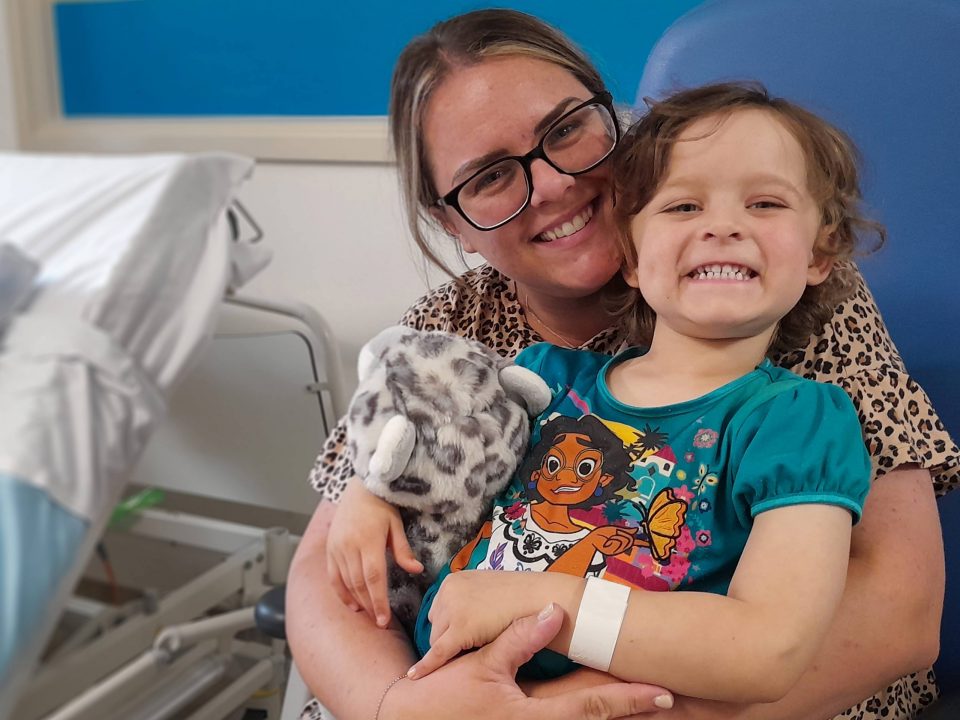“Every day patients’ hospital experiences are transformed because of the charity. We really see the Trust’s motto – ‘where better never stops’ – in action through their work.” Dr George Findlay, Chief Executive.
We are pleased to share our first Annual Report as My University Hospitals Sussex. The charity was formed in April 2023 by the merging of the two former dedicated charities for our Trust: Love Your Hospital and BSUH Charity.
Our Annual Report for the 2023-2024 financial year provides insight into our achievements, activities and distribution of funds in our inaugural year, as well as a detailed breakdown of accounts. We are committed to being transparent and open about how we are using donations to improve the lives of patients and support staff wellbeing across our hospitals.
Download our full Annual Report or read on for a quick overview.
Highlights
£5,081,000 of charitable funding was distributed across the Trust. This included:
£54,700 to fund components of a three-year Medical Research Fellowship. In partnership with the University of Sussex, we are supporting Dr Stephen Robinson undertake his PhD in cancer research. He is developing blood tests to help with diagnosis, subtyping and monitoring treatment for brain tumours.
£685,831 spent on the refurbishment of the Fluoroscopy Suite at the Royal Alexandra Children’s Hospital, to provide a state-of-the-art service for paediatric patients across the region. The refurbishment has introduced new imaging equipment into a freshly decorated ocean-themed room, with improvements to the service evident already.
£77,522 funding an Endoanal Ultrasound Scanner to support the recovery of mothers who have sustained birth injures at both Worthing Hospital and St Richard’s Hospital. The scanner enables staff to provide an ‘ongoing package’ of care for patients, significantly improving their postnatal experience.
How we’re funded
Donations: £597,000
Legacies: £1,070,000
Investment: £539,000
Other: £9,000

How we spend our funds
Patient welfare: £1,038,000
Staff education and welfare: £1,154,000
Capital grants: £2,835,000
Raising funds: £275,000
Miscellaneous: £54,000

N.B. After merging, reserve funds from the two former charities were consolidated, which allowed us to significantly increase expenditure to improve the lives of patients and staff during the 2023/24 financial year. Existing funds have been distributed equitably across the Trust in addition to the year’s income, including long-term projects in research and innovation spanning multiple years.
How you helped us
Our investments are entirely funded by generous donations from you, our public, enabling us to enhance the care and experience of everyone who comes through the doors of our hospitals. So, to all our supporters this year – thank you. Without you, we wouldn’t be able to fulfil our mission – to make life all together better.


